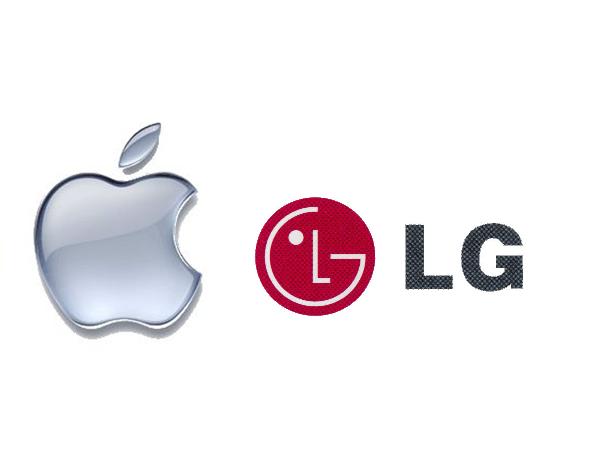
Apple and co-defendant LG Electronics had success in a lawsuit after a Southern California jury issued the verdict that stated the technology firms had not infringed on patents held by Alcatel-Lucent. The final decision was given on December 13 after the jury took part in a two week trial in San Diego.
The court battle started after a subsidiary of Alcatel-Lucent, Multimedia Patent Trust, filed a case against American firm Apple and Korean firm LG in December 2010. According to paper that were filed in court, Alcatel-Lucent accused the two companies of infringing on three patents that dealt with video technology. The case revolved around Apple’s computers MacBooks and iMacs and other popular mobile devices including the iPhone, iPad, and iPod Touch. The lawsuit alleged that the main culprit was the QuickTime video technology which is available on all the devices mentioned before. LG was accused of patent infringement because of its built-in video application plus the use of a Qualcomm processor. According to the Alcatel-Lucent subsidiary LG was infringing on two patents.
Bloomberg reports that in the trial that started last month, Alcatel-Lucent wants $172.3 million in damages from California based Apple. The firm was also looking for a separate $9.1 million in royalties and fees from LG.
Apple won this case but another court room did not have the same happy conclusion for the technology giant. MobileMedia successfully won a lawsuit against Apple relating to three patents on camera-phone technology.
The loss by Multimedia Patent Trust was low key and has not been as widely reported as a win the company had against Microsoft. In 2007 the Alcatel-Lucent subsidiary successfully sued the world’s largest software maker for a $1.5 billion. However, a district court judge overturned the decision and the companies eventually ended up settling out of court.
Source: CNET